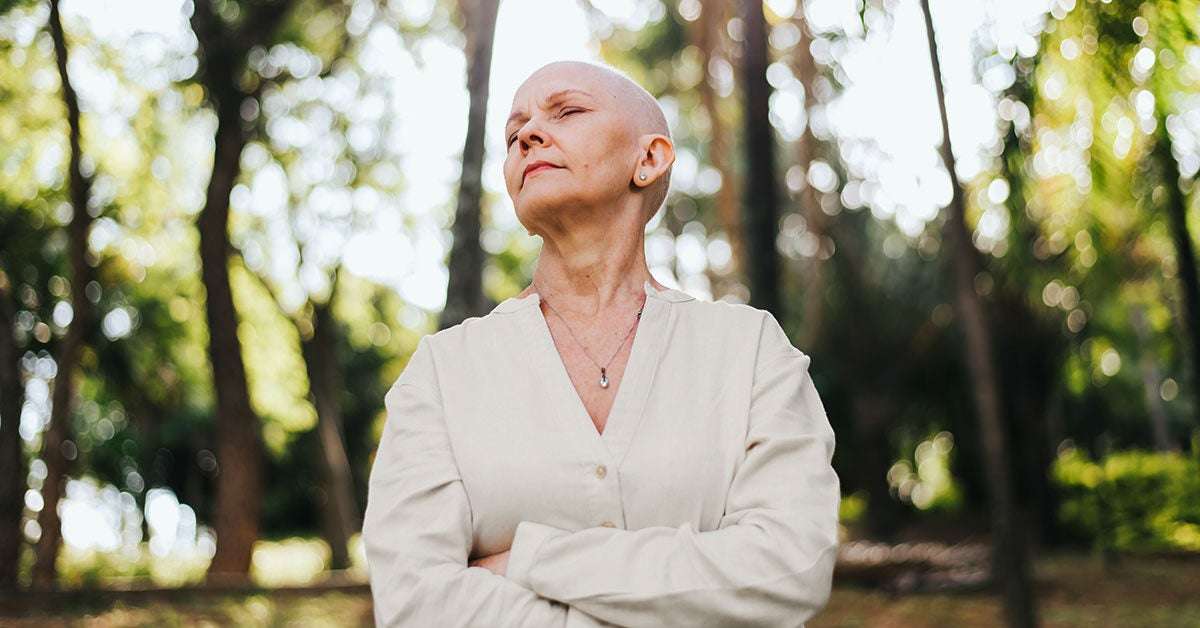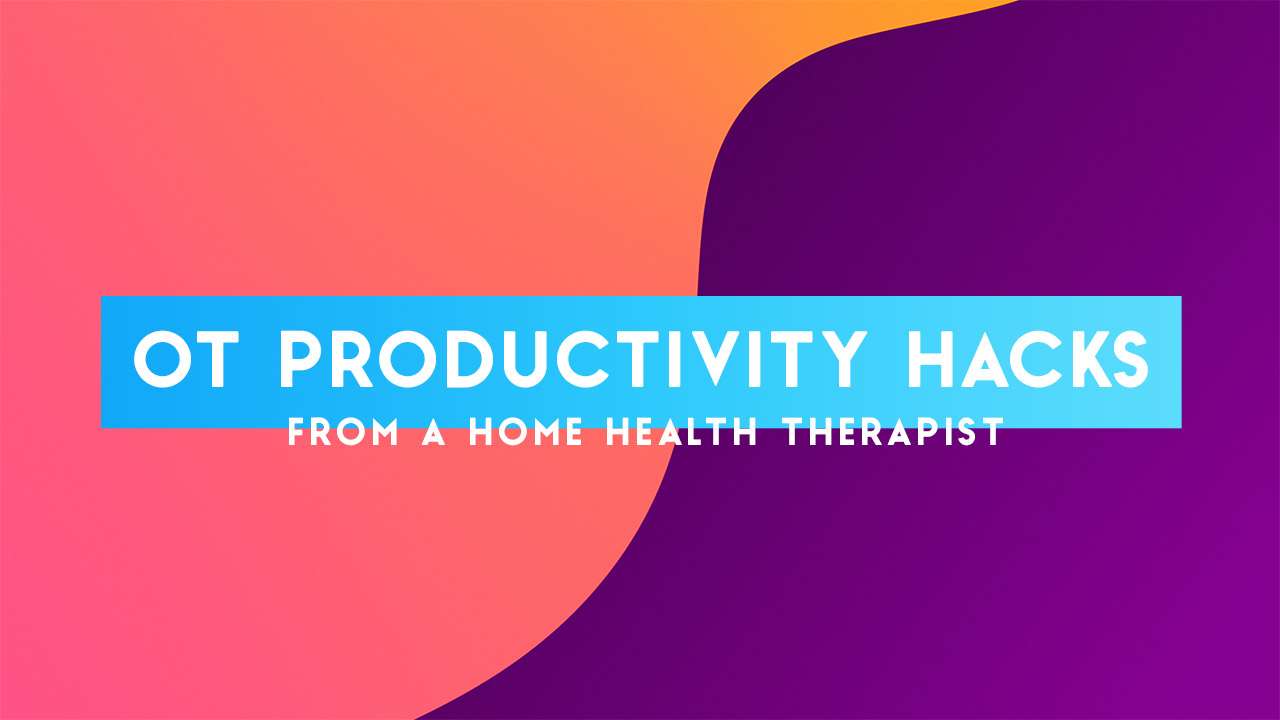Background: New grad PT from Los Angeles currently searching for my first job
I recently had a discussion with a close mentor and senior PT friend of mine (PT for 13 years) and he told me to decline a 140k bay area home health PT offer, stating that an 80-90k LA offer would be the better option.
He said 140k sounds like alot but it isn’t. Cost of living in the bay area is very high, high cost of rent (~$1000 for private airbnb room), being an independent contractor (having to pay 15% of tax as a 1099 compared to 7.5% as a W2 employee), higher tax bracket, documenting after work, no CEU $, no 401k, no vacation/PTO, having to pay $700-800/month for your own health insurance, having to pay all insurances since you are independent contractor, having to drive 15-30 minutes compared to staying in a facility, no mileage reimbursements, having to get your own PPE, equipments, lack of mentorship, etc. He also mentioned how $70-80 per regular HHPT visit equates to about $40-50/hr salary. He said I would be saving $12k-$15k annual rent (which is like 16-20k pretax) staying in LA with my family.
He told me it would be better to work for a company to reap the benefits (health insurance, 401k, PTO, etc) and do home health PRN (an extra patient a day after work and even on the weekends) rather than going full-time Home health.
Thoughts on this?
Not a PT but married to one. I’m a pharmacist.
The good thing I can see to being a PT is that there are various ways to make extra money besides your regular 40 hour job. Currently my husband works twice a month at a SNF/Rehab place which gives us an extra ~$600/month to pay off loans with. Also he’s been getting mad overtime at his regular job, sometimes working 50 hours a week there plus 6-8 hours as the SNF. It’s tiring for him, but worth it for the money. As a pharmacist, it is harder to get a easy PRN job like that. We could get by without him working extra, but it’s nice to have the extra loan money because we want to kill our loans asap.
Also, I feel that outpatient PTs have a nearly ideal work environment. Some sitting, some standing lots of movement, very few distractions compared to other healthcare jobs (ie not constantly having to answer the phones, no alarms/paging over PA systems to distract you.) Much healthier than an 8 hour desk job or the 8-10 hours a pharmacist spends on their feet mostly stationary. Most PTs I’m friends with (and my husband) love their jobs.
With both of our student loans our minimum payment is around $2300. My $200k in student loans is on the 25 year repayment plan and his $150k is currently income-contingent. Our goal is to pay them off much much quicker than what the plans have, but I wanted the option to have payments lower if needed. Loans really really really suck but try not to get too down about them. There are a variety of repayment options and with work you can get them paid off. Even with our high minimum we still manage to pay nearly 1k over per month or even more depending on our expenses for the month.
We both drive older cars (2000 Jetta Tdi and 2004 Rav4) that are paid off. We try to keep $4000 in emergency funds at all time. (Trust me, you’ll need it when both cars decide they need 1-2k in work in the same month). We make a budget and stick to it that allows for fun stuff such as eating out, small vacations, ect. (Mint.com is great for managing a budget fyi) We use credit cards to get points, but we pay them off every month. Also we rent instead of own.
The only time I’ve felt that our loans have gotten in the way is when the condo next door to the one we rent went on the market. It would have been a perfect purchase: great location, nice price for the area, slightly larger and more light than our (rented) unit. However there was no way to swing that mortgage and HOA dues with the loan payments. It was eye opening seeing that we could have afforded a 15 year mortgage plus extra on a 360k place if we didn’t have the loans. Oh well, home buying will just be later for us. Other young PTs and Pharmacists I know with school loan debt have managed to buy houses, so it’s not impossible or a bad idea, but for the area where we want to live it’s not doable at the moment.
Something I wish we had known more about before we graduated was interest rates. Well I knew the student loans were 6-8.5% but it was eye opening to see that translated to nearly 2,000 in interest a month on our combined loans. Also I wish we had understood more about income taxes. Since we are both high earners we get a lot taken out. Also, we don’t get to deduct our student loan interest off our taxes since the cutoff for that is 140k married filing jointly. When you are working, make sure you calculate your withholdings on the IRS calculator. Try to manage it so you don’t get a big tax refund. That’s just loaning the government money all year interest free. Better have it yourself to do what you want.
Overall it’s very doable to be financially stable as a PT with student loans, it just requires planning and budgeting and putting off buying an expensive home or new cars.
How to Become a Physical Therapist
About this section

Physical therapists use a variety of techniques, such as massage and stretching, to treat patients.
Physical therapists entering the occupation need a Doctor of Physical Therapy (DPT) degree. All states require physical therapists to be licensed.
Education
Physical therapists need a Doctor of Physical Therapy (DPT) degree from a program accredited by the Commission on Accreditation in Physical Therapy Education (CAPTE).
DPT programs typically last 3 years. Physical therapy programs typically require a bachelor’s degree, which may be in recreation and fitness or healthcare and related fields, and prerequisite courses such as anatomy, chemistry, and physics.
Most DPT programs require candidates to apply through the Physical Therapist Centralized Application Service (PTCAS).
Physical therapist programs often include courses in biomechanics, neuroscience, and pharmacology. Physical therapist students also complete clinical work, during which they gain supervised experience in areas such as acute care and orthopedic care.
Physical therapists may apply to a clinical residency program after graduation. Residencies typically last about 1 year and provide additional training and experience in specialty areas of care. Physical therapists who have completed a residency program may choose to specialize further by participating in a fellowship in an advanced clinical area. The American Board of Physical Therapy Residency and Fellowship Education has directories of physical therapist residency and fellowship programs.
Licenses, Certifications, and Registrations
All states require physical therapists to be licensed, which includes passing the National Physical Therapy Examination administered by the Federation of State Boards of Physical Therapy. Other requirements vary by state. For example, some states also require a law exam and a criminal background check. Continuing education is typically required for physical therapists to keep their license. Check with your state board for specific licensing requirements.
After gaining work experience, some physical therapists choose to become a board-certified specialist. The American Board of Physical Therapy Specialties offers certification in clinical specialty areas of physical therapy, such as orthopedics, sports, and geriatrics. Board specialist certification requires passing an exam and completing clinical work in the specialty area.
Important Qualities
Communication skills. Physical therapists must clearly explain treatment programs, motivate patients, and listen to patients’ concerns in order to provide effective therapy.
Compassion. Physical therapists spend a lot of time interacting with patients, so they should have a desire to help people. They work with people who are in pain and must have empathy for their patients.
Detail oriented. Like other healthcare providers, physical therapists should have strong analytic and observational skills to diagnose a patient’s problem, evaluate treatments, and provide safe, effective care.
Dexterity. Physical therapists must use their hands to provide manual therapy and therapeutic exercises. They should feel comfortable massaging and otherwise physically assisting patients.
Physical stamina. Physical therapists spend much of their time on their feet, moving to demonstrate proper techniques and to help patients perform exercises. They should enjoy physical activity.
Resourcefulness. Physical therapists customize treatment plans for patients. They must be flexible and adapt plans of care to meet the needs of each patient.
Time-management skills. Physical therapists typically treat several patients each day. They must be able to provide appropriate care to patients as well as complete administrative tasks, such as documenting patient progress.
Got hired with a start up home health company. We get flat rate of $75/visit. With nursing shortage I’ve been doing all SOCs. Since I do OASIS and PT eval all in one go, I get $75 for completing both which all said and done is like 4 hrs of work. Does this sound right? I asked my boss if we’re able to get paid for two visits (one visit SOC and one visit Eval) even if I’m there with the pt nonstop – and he was essentially unsure but open to it. Thoughts? What’s the typical structure and organization here?



